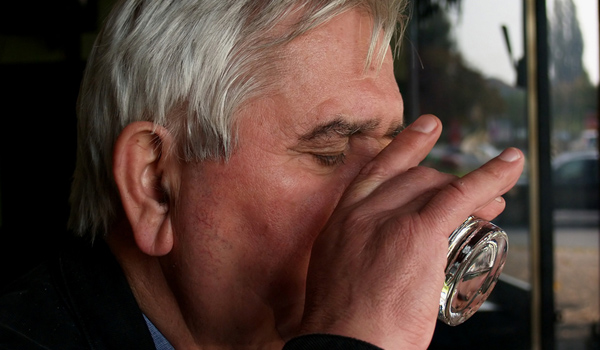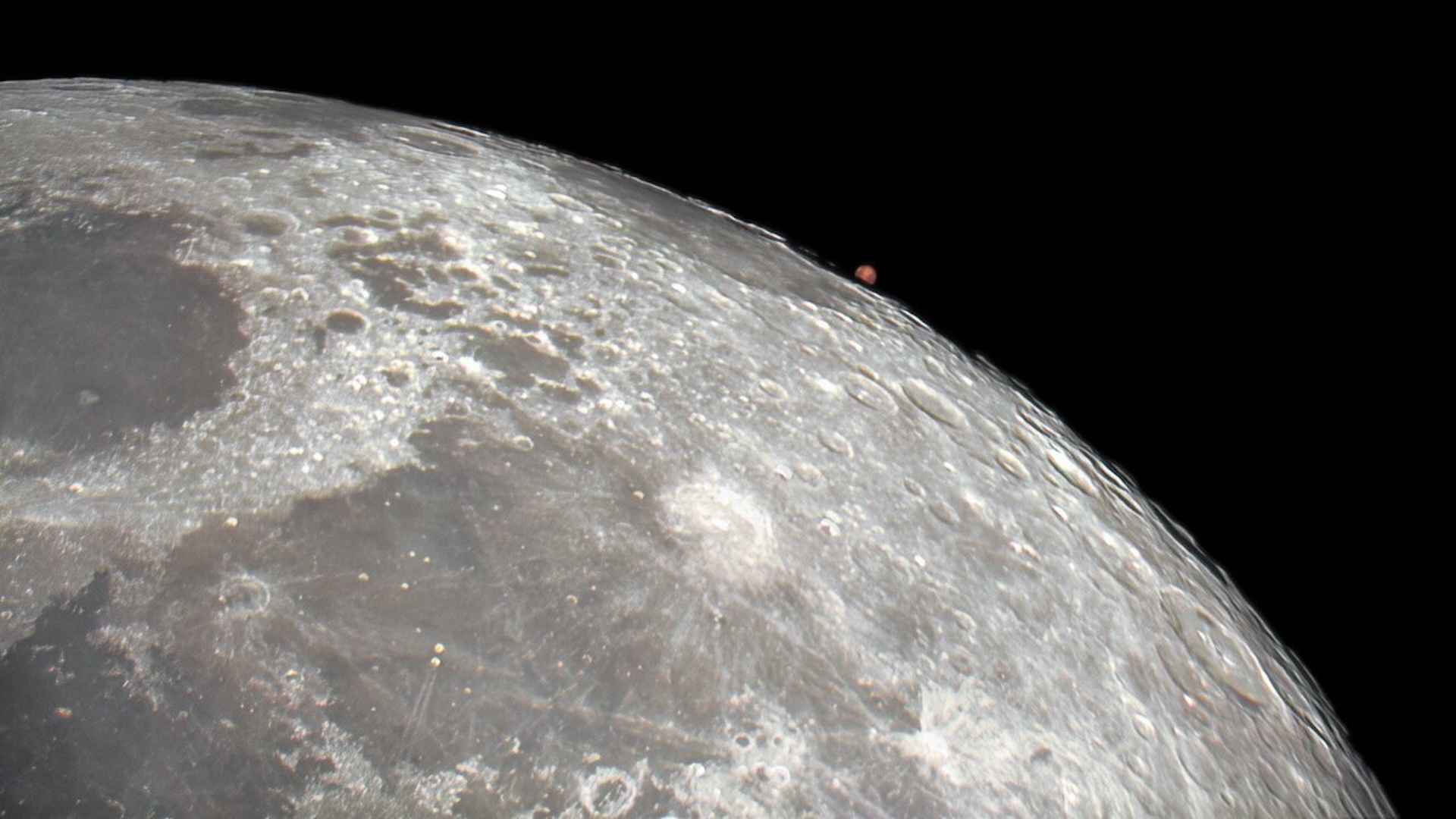Psychedelic Drug Could Help Alcoholics Stay Sober

The mind-altering drug LSD could be used to treat alcoholism, a new report says.
LSD prevented alcoholics from relapsing during treatment, according to researchers in Norway who analyzed six previous studies of alcoholism treatment.
The studies involved 536 heavy drinkers in all, two-thirds of whom were given LSD while others received comparison treatments. Fifty-nine percent of the LSD users avoided relapsing into alcohol abuse, compared with 38 percent of the others, the new study noted.
"LSD worked in an entirely different way than any current psychiatric drugs," said study researcher Teri Krebs of the Norwegian University of Science and Technology. "Many patients said they had gained a new appreciation for their alcohol problem and new motivation to address it."
The study appeared Thursday (Mar. 8) in the Journal of Psychopharmacology.
One scientist who was not involved in the research, Dr. Richard Ries, said the study "shakes the foundations of typical addiction treatments." But Ries, an addiction psychiatrist at the University of Washington Department of Psychiatry, cautioned that little is known about LSD's effects.
Using one drug to fight another
Sign up for the Live Science daily newsletter now
Get the world’s most fascinating discoveries delivered straight to your inbox.
Study researcher Pål-Ørjan Johansen, a clinical psychologist at the university in Trondheim, Norway, said: "Alcoholism is serious and often deadly. We need new treatment options."
LSD (lysergic acid diethylamide) can distort perceptions of reality and produce hallucinations. In large doses, the drug can cause some people to panic or become anxious, increasing their body temperature, heart rate and blood pressure, according to the National Institute of Drug Abuse.
Ries told MyHealthNewsDaily that using one drug to fight addiction to another drug isn't uncommon. "We already use drugs to fight drugs," he said. "Look at heroin addiction — we use methadone, another type of opiate, and give it to people to prevent them from overdosing."
Ries added there hasn't been enough research on LSD for its role as a treatment to be well-understood. "We don't know the effects of LSD, because these medicines carry all the baggage of illegality and biases," he said. "So the chance of them being evaluated fairly can be pretty low."
Alcohol drinkers less likely to relapse when taking LSD
The studies in the new analysis involved people, mostly men, who were admitted for treatment for alcohol abuse.
A total of 325 people received a single dose of LSD ranging from 210 to 800 micrograms, while the comparison group, 211 people, received either a much lower dose of LSD ? 25 or 50 micrograms ? or other alcohol treatment medications.
People who received the larger dose of LSD were less likely to relapse and had higher levels of abstinence than the others, the researchers said.
The most improvement was seen during the first few months of treatment, but the change gradually decreased as the months passed.
"It is unusual for psychiatric drugs to have an effect that lasts for several months after a single dose," Johansen said. "We now better understand that alcoholism is a chronic, relapsing disorder that typically requires ongoing treatment."
The LSD was administered as part of the alcoholism treatment program. Some of the LSD users acted bizarrely, experiencing anxiety and confusion, the researchers reported. One person had a seizure, but that person had a history of alcohol withdrawal seizures and had been sober only a few days.
When treating addiction, Ries said, medication works only if given as part of a treatment program.
"If you try to use these drugs out of these contexts, you get no effect," he said. "They are meant to be part of an addiction treatment program, not to replace it."
Pass it on: Heavy drinkers might be less likely to relapse when treated with LSD as part of a treatment program.
This story was provided by MyHealthNewsDaily, a sister site to LiveScience. Follow MyHealthNewsDaily on Twitter @MyHealth_MHND. Find us on Facebook.










